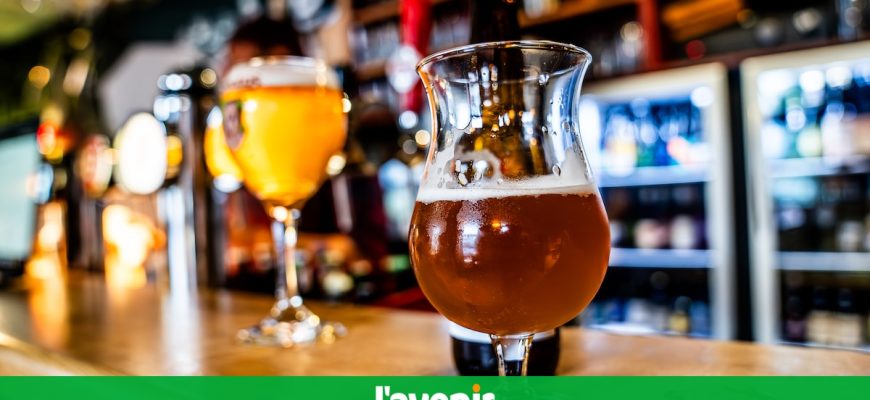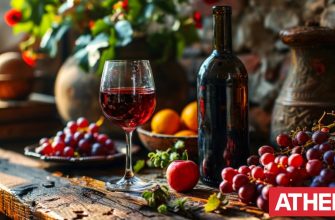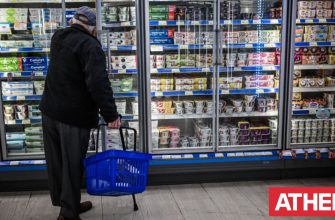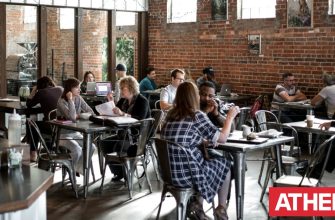A team of researchers from the VIB-Center for Microbiology at KU Leuven and the Beer Research Institute, based in Leuven, wanted to make these judgments on this or that beer more objective. The team began chemically analyzing beers and managed to list the concentrations of hundreds of aromatic components. Each beer was also judged, on the basis of 50 criteria, by a panel of around fifteen trained people.
“It was painstaking work,” comments scientist Miguel Roncoroni. “At the start of the project, we were counting on around a hundred beers, but we quickly realized that this would not be enough to cover all the diversity of the Belgian brewing landscape. We finished with 250 analyses.”
It took five years to gather the chemical concentrations and detailed panel reports for all of these beers. Once the data was usable, the researchers used artificial intelligence to link chemical characteristics to taste scores. A model was finally able to predict the rating given to a beer, even before the beverage was submitted to the jury for tasting. The model in question was thus able to identify the main aromas of this beer.
The next step was to use the results obtained to improve the taste of a commercially available Belgian beer. The aromas that the artificial intelligence had retained as having to perfect the quality of the beer were added to the existing beverage. The beer thus modified received a much higher score during a blind tasting.
The study could be extended to other food products. This would constitute a small revolution in the way of designing new foods, believes Kevin Verstrepen, professor at KU Leuven. “Our most important goal now is to make better non-alcoholic beers. Using our model, we were able to create a cocktail of natural aromatic components that reproduce the flavor and aroma of alcohol, without the risk of a hangover.”









